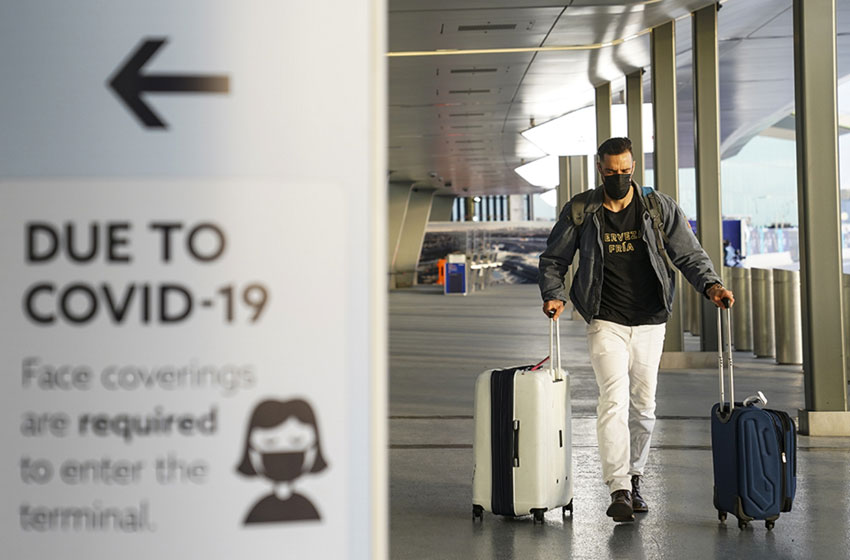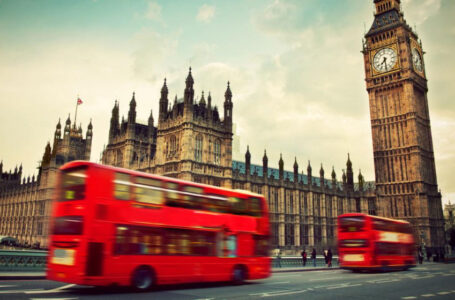Now You Can Travel Overseas without quarantine but Should You?

Australia is all set to start the “new normal” of post-vaccination living, where travel becomes easier, and Australia opens up to the rest of the globe. You will not need authorisation from Border Force or the federal government to leave the country. If you’re a double-vaccinated Australian citizen or permanent resident, you can return from overseas to Victoria or NSW without the burden of hotel quarantine or even house lock-up.
For the first time in more than 570 days, Australia’s international border is open, allowing fully-vaccinated travellers to depart the country freely. However, don’t expect the world to be your oyster just yet. Travel is making a comeback. The world has just returned.
Strangely enough, the answer to if one should travel or not is still a no. But if you have not met your family for a long time since the pandemic occurred, then you should go on and have a good time by all means. However, you should keep in mind the consequences of travelling.
The first step may be the easiest. The first obstacle to overcome is crossing the international border. Australians will confront a patchwork of internal border controls when they come home.

Prime Minister Scott Morrison announced the reopening of the border, and the government dropped its restriction on international travel the next day, clearing the final hurdle for Australians planning a vacation abroad.
Travel is back, but it isn’t the same as it once was. And, while things will eventually work themselves out, travel is risky for the next six months, if not longer.
We’re still in the middle of the epidemic, and while you may think your chances of falling extremely ill as a double-vaccinated tourist are slim, the virus can still infect you. You’ll need to return a negative PCR test before flying back to Australia. If you contract COVID-19 while travelling, you must stay in that nation – either in a hotel or a managed facility, depending on where you are – until you can return a negative test or demonstrate that you have recovered. That could be a few days or a few weeks.
Long lines, additional paperwork, stricter admission restrictions, and the cost of testing should all be expected in the coming months as COVID-safe systems are implemented and adjusted around the world. In the short run, potential travellers will have to consider an ethical question: if you go on vacation and subsequently return to Australia, will you be taking the place of a “stranded Aussie” who is still attempting to get home?
If you examine the risks and determine that they are still acceptable to you, then go ahead and travel. Take pleasure in it. But keep in mind that the experience isn’t the same right now.







